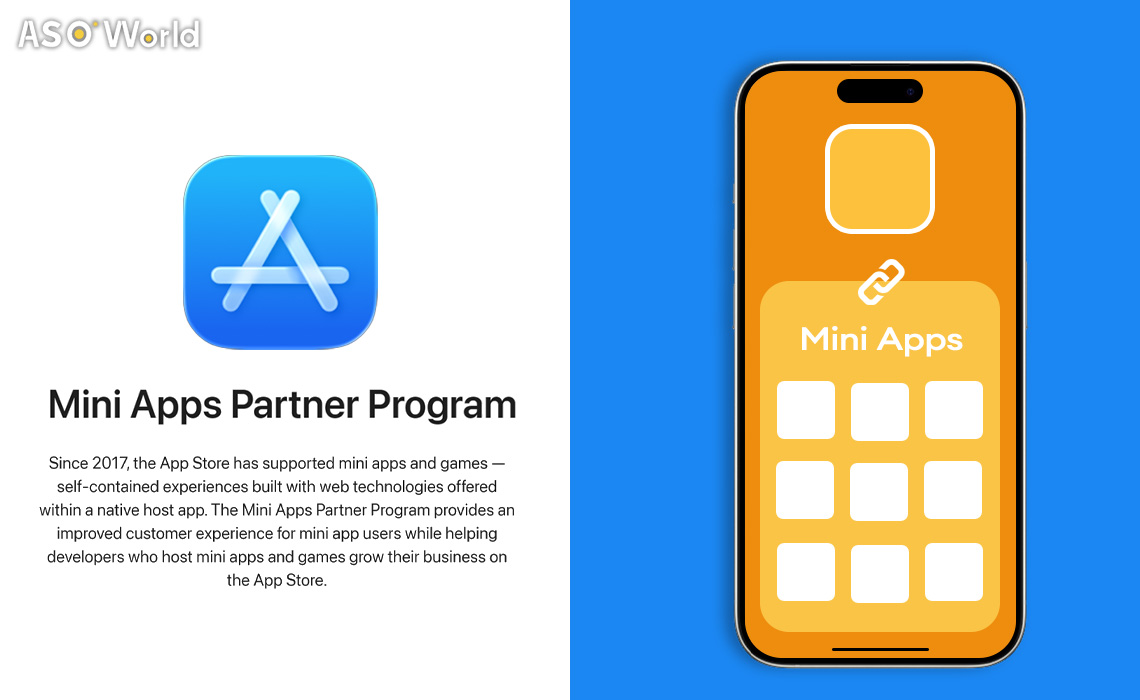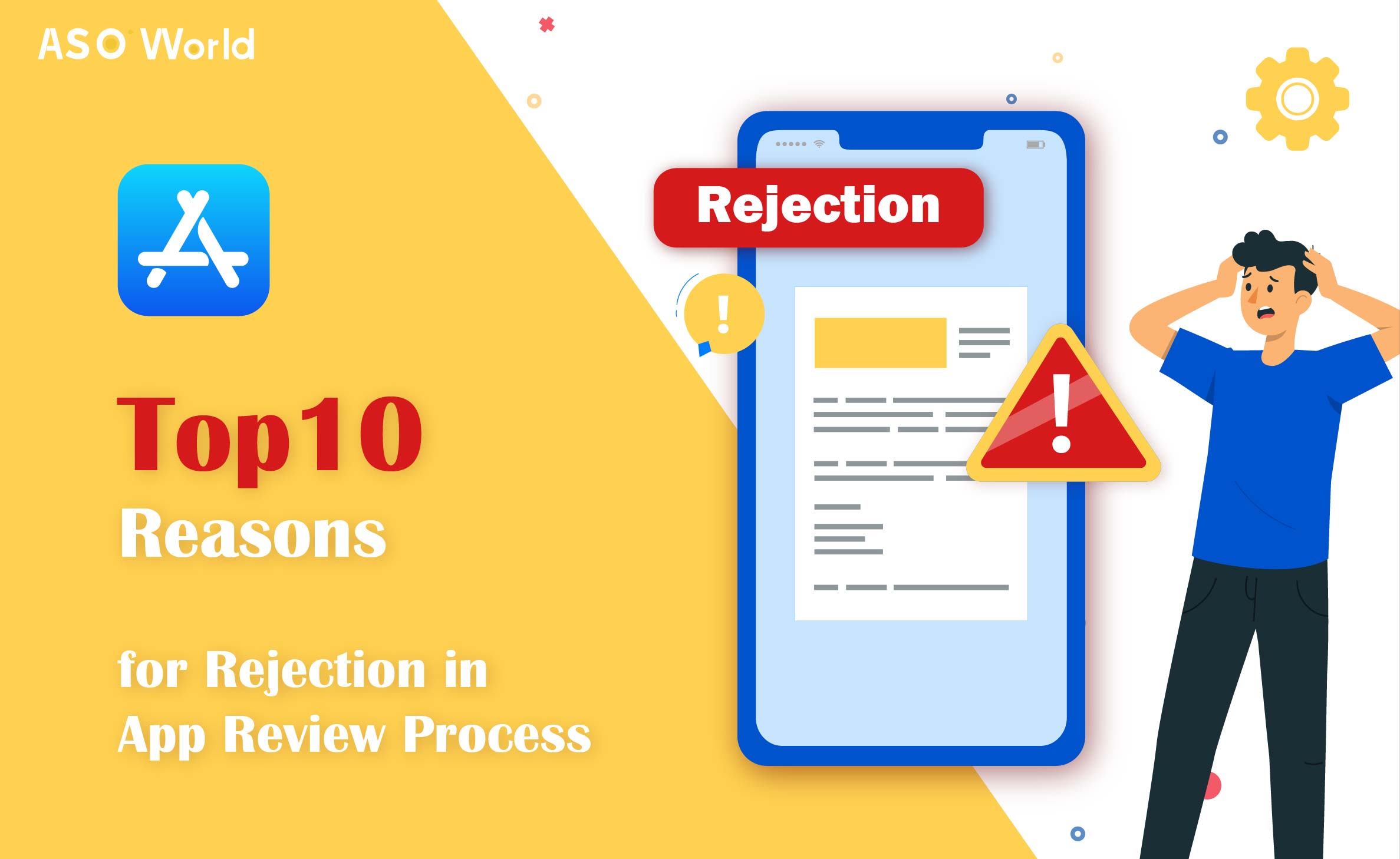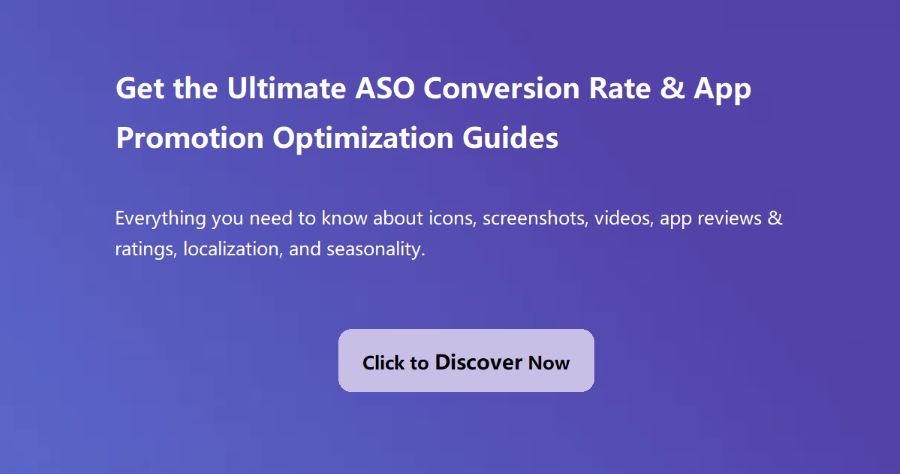The App Store Mini Apps Partner Program is a specialized program introduced by Apple that allows developers to host lightweight, web-based Mini Apps inside their native applications while benefiting from a reduced App Store commission rate.
Mini Apps are defined as HTML5, JavaScript, or other web-technology-based experiences that run within a host iOS or iPadOS app.
Unlike traditional native features, Mini Apps can be deployed and updated more quickly, offering a modular way to introduce services, utilities, or mini-games inside an existing app.
Under this program, eligible host apps can receive a 15% commission rate on digital goods and services purchased through approved Mini Apps.

Who Can Apply for the App Store Mini Apps Partner Program?
This program is intended for developers and companies that operate host apps capable of delivering embedded Mini App experiences.
To qualify, a host app must meet the following conditions:
-
Be published on the App Store under an active Apple Developer Program membership.
-
Support Apple's required platform technologies, including the Declared Age Range API and Advanced Commerce API.
-
Comply with App Review Guideline 4.7, which governs Mini Apps, mini-games, plugins, and other embedded software.
Apple reviews each application to ensure that Mini Apps follow proper safety, commerce, and content standards, and that the feature is not misused for unauthorized or unregulated app distribution.
How Does the Mini Apps Partner Program Work?
Once accepted, developers can host Mini Apps within their main application by defining them through a manifest file and submitting them for App Review.
Approved Mini Apps can:
-
Use Apple's in-app purchase system for digital goods and services.
-
Operate as web-based, self-contained experiences within the host app.
-
Qualify for the 15% App Store commission rate, significantly lower than the standard tier.
Users can access Mini Apps seamlessly inside the host app, while purchases made within those Mini Apps follow Apple's usual transaction and security framework.
Apple monitors compliance closely, and Mini Apps that violate policies—such as offering external payment methods or mimicking full standalone apps—may be rejected or removed from eligibility.
👉 Top 10 Reasons for Rejection in The App Review Process in 2025

What Are the Benefits of the Mini Apps Partner Program?
Reduced Commission Rate
Qualifying developers benefit from a 15% commission rate, increasing revenue efficiency for Mini App transactions.
Modular Feature Delivery
Mini Apps allow developers to introduce new features or services using web technologies without shipping full app updates.
Faster Iteration Cycles
Because Mini Apps are web-based, developers can update them quickly, enabling rapid experimentation and content deployment.
Scalable Architecture:
Host apps can integrate multiple Mini Apps, creating a flexible ecosystem for utilities, commerce flows, mini-games, or service modules.
What Are the Risks and Limitations of the Program?
Despite its advantages, the program includes several strict requirements:
Compliance Obligations
Mini Apps must follow Apple's guidelines for content, commerce, and safety. Violations can result in removal from the program.
Technical Integration Overhead
Host apps must integrate several new platform APIs, manage Mini App manifests, and ensure seamless performance between native and web components.
Restrictions on Cross-Mini-App Access
Digital goods purchased within one Mini App cannot unlock content across other Mini Apps.
Review and Approval Required
Every Mini App must pass App Review, meaning developers cannot instantly deploy unreviewed web content that behaves like an embedded app.
How Does the Mini Apps Partner Program Impact ASO?
Mini Apps themselves are not listed on the App Store, so they do not directly influence App Store Optimization (ASO).
However, the host app can benefit indirectly through:
Improved User Engagement
Mini Apps can enhance the host app's utility and retention metrics, which can influence ranking signals.
Expanded In-App Content
More features within the host app can increase user satisfaction, potentially improving ratings and reviews.
Marketing Leverage
Developers can promote Mini Apps in their screenshots, feature lists, or update notes to highlight new capabilities.
Since Mini Apps operate inside a single native container, developers should optimize host app metadata, user flow, and engagement strategies to maximize the overall ASO effect.






